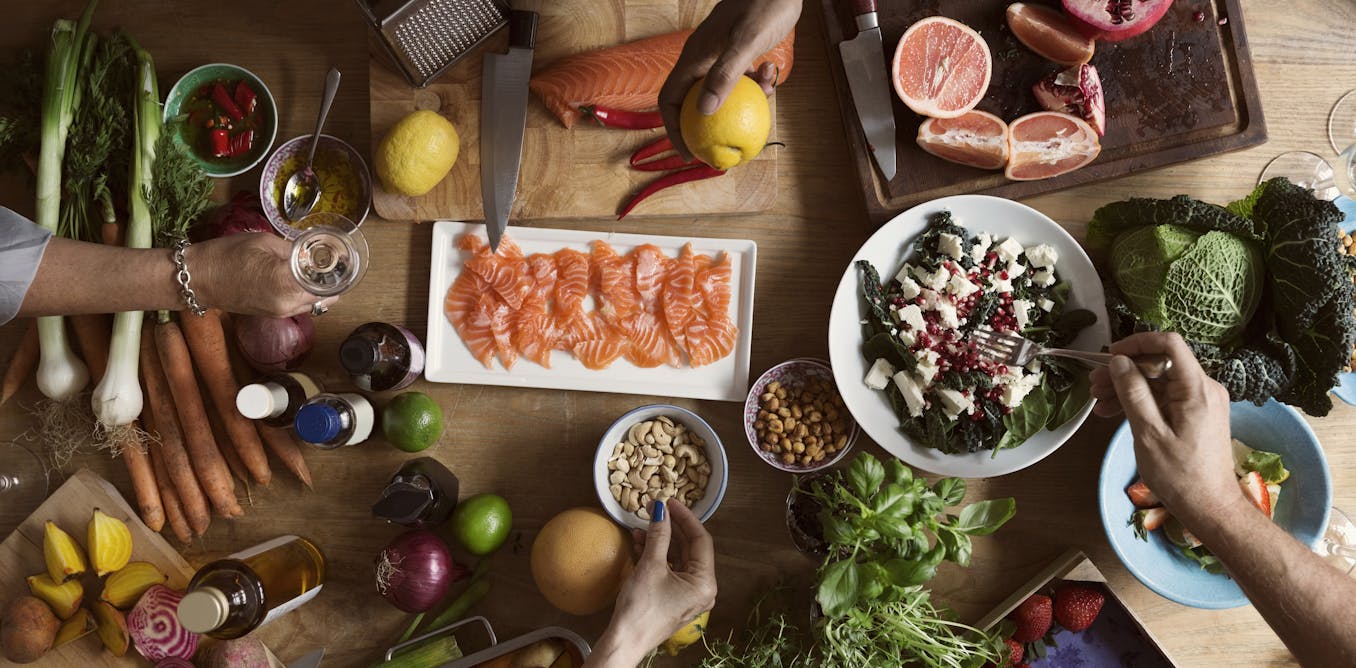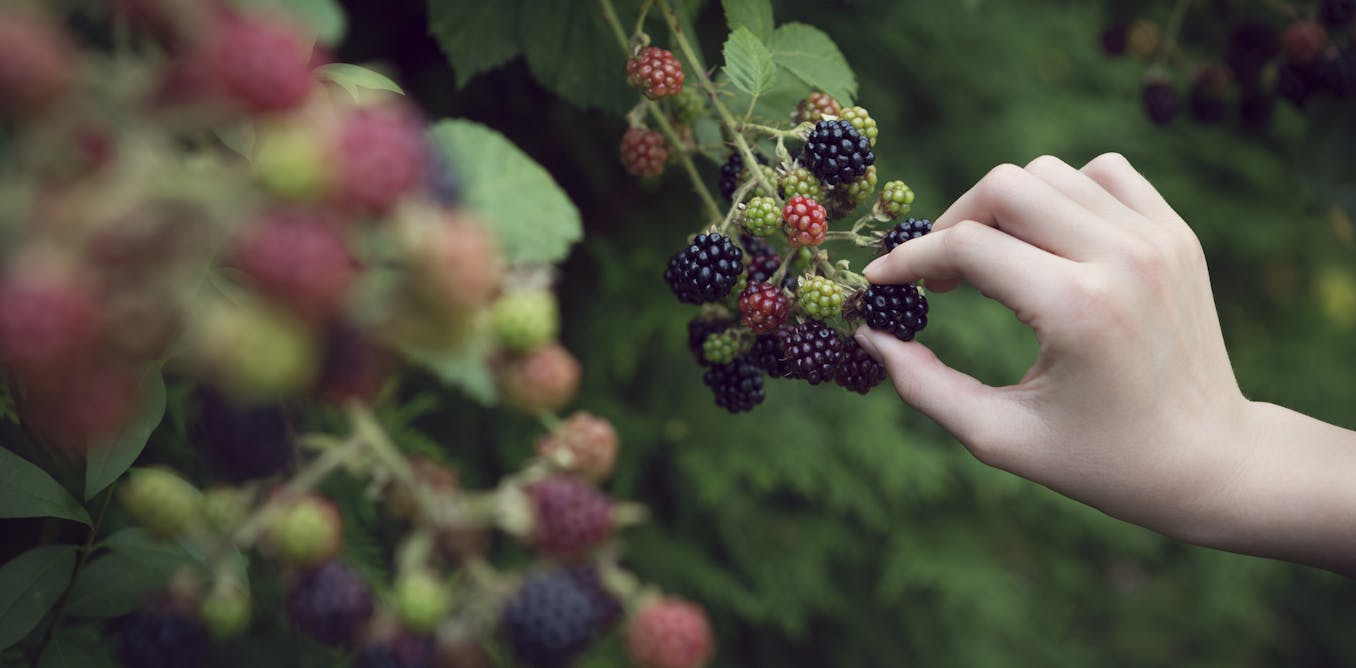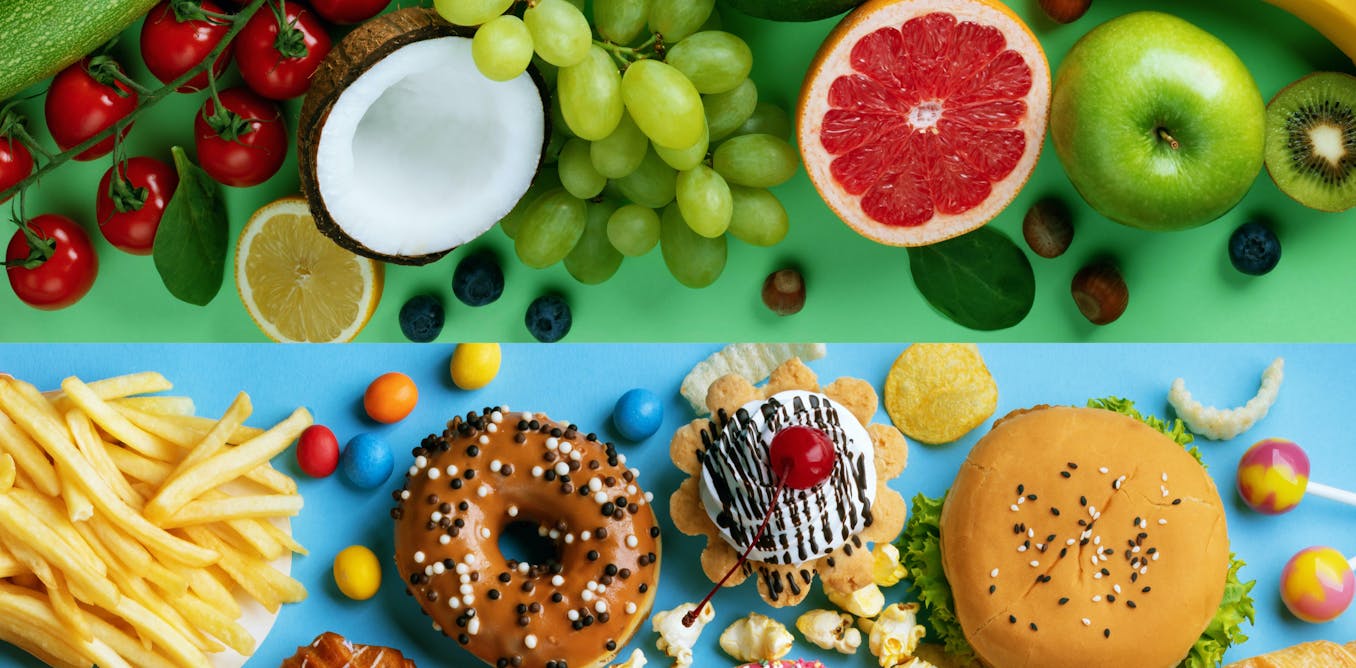Warsaw Ghetto's defiant Jewish doctors secretly documented the medical effects of Nazi starvation policies in a book recently rediscovered on a library shelf
The story behind the research can be as compelling as the results. Recording the effects of starvation, a group of Jewish doctors demonstrated their dedication to science – and their own humanity.
July 19, 2022 • ~11 min
Tour de France: How many calories will the winner burn?
Riders in the 2022 Tour de France will ride more than 2,100 miles (3,400 km) over the 21 flat and mountainous stages of the race. And they will burn an incredible amount of energy while doing so.
June 30, 2022 • ~6 min
Winning the Tour de France requires subtle physics, young muscles and an obscene amount of calories – 3 essential reads
Three scientists explain the biology and physics of what goes into one of the world’s most grueling races, the Tour de France.
June 30, 2022 • ~6 min
What you eat can reprogram your genes – an expert explains the emerging science of nutrigenomics
Scientists are just beginning to decode the genetic messages in your food – and how that may affect your health.
March 1, 2022 • ~9 min
A taste for sweet – an anthropologist explains the evolutionary origins of why you're programmed to love sugar
If you ever feel like you can’t stop eating sugar, you are responding precisely as programmed by natural selection. What was once an evolutionary advantage has a different effect today.
Jan. 5, 2022 • ~9 min
What's the difference between sugar, other natural sweeteners and artificial sweeteners? A food chemist explains sweet science
Just because something is sweet doesn’t necessarily mean it is sugary. There are a number of molecules that taste sweet. To understand how and why takes a little bit of chemistry.
Jan. 5, 2022 • ~8 min
Not all calories are equal – a dietitian explains the different ways the kinds of foods you eat matter to your body
In almost every way, one cheeseburger does not equal six apples. With the goal of optimal health in mind, a calorie is not a calorie is not a calorie.
Dec. 27, 2021 • ~9 min
/
4







